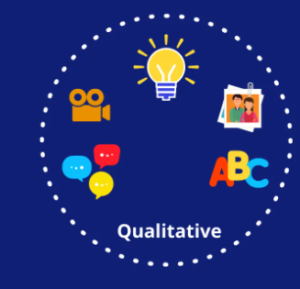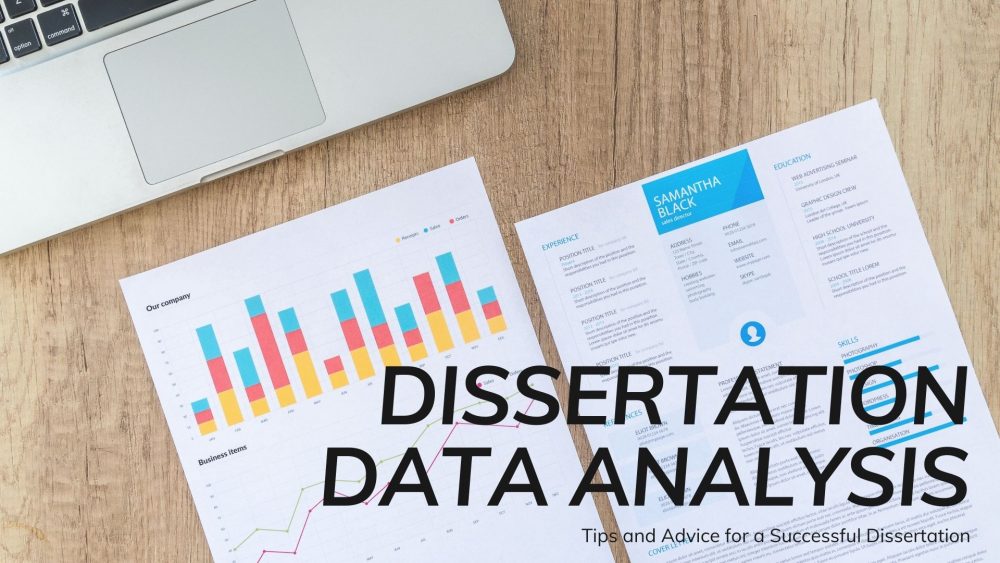How To Conduct Qualitative Research
 Qualitative research involves collecting unstructured data using methods such as interviews, observations, surveys, and document analysis to explore meanings and gain deeper insights into a particular subject. This approach emphasizes non-numerical data, including text, audio, and video, to examine opinions and perspectives. Rather than focusing on questions like where, what, or when, qualitative research aims to understand the motivations, behaviors, and attitudes that drive people’s actions. Qualitative research can be done in several disciplines, including social sciences and healthcare. This type of research is vital in the following situations:
Qualitative research involves collecting unstructured data using methods such as interviews, observations, surveys, and document analysis to explore meanings and gain deeper insights into a particular subject. This approach emphasizes non-numerical data, including text, audio, and video, to examine opinions and perspectives. Rather than focusing on questions like where, what, or when, qualitative research aims to understand the motivations, behaviors, and attitudes that drive people’s actions. Qualitative research can be done in several disciplines, including social sciences and healthcare. This type of research is vital in the following situations:
- When there is inadequate information or understanding of a topic
- When there is a need to understand complex situations
- When you want to learn the experiences, beliefs, opinions, and motivations of participants
- When you want to have a detailed and deep understanding of a phenomena
- It should be exploratory and inductive
- It should be impartial with no underlying hints
- It should focus on a single idea
How To Conduct Qualitative Research: Advantages of Qualitative Research
- Flexibility: Qualitative research data collection and analysis processes are not rigidly decided; hence they can be adapted to the emergence of new ideas.
- Natural settings: The research allows data to be collected in natural ways or natural contexts.
- Meaningful insights: You can design, test, or improve systems from the detailed descriptions of participant’s perceptions and feelings that you will get from this research.
- New ideas can be generated: The open-ended questions allow researchers to uncover new opportunities.
Important Guidelines on How To Conduct A Qualitative Research
- Set Objectives: It is necessary to orient yourself with whatever you intend to learn and achieve before starting qualitative research. Otherwise, you will have difficulty formulating the right questions and coming up with proper mechanisms to conduct your study. You will have an excellent outcome from the research if you have set your goals and know the different qualitative research methods and their applications. Whichever research method you choose, it should be based on your objectives as it will help you identify processes that will enable you to get the best results. Finally, you should know the participants you wish to include in your research as part of your goals. It would be better to select a segment of individuals depending on the questions you will ask.
- Consider the possible outcomes: The possible outcomes from qualitative research are not much. The results will highly depend on your research approach. Here are some of the expected outcomes; Taxonomies, survey instrument measures, conceptual models, and recurrent hypotheses. You should note that qualitative research is not about numbers but the general meaning. Therefore, think about what the outcomes you have mean. One thing that will help you interpret the data correctly is never to expect a single answer. While looking at the multitude of answers from the study, you should not look at it from a quantitative analysis view.
- Know the context to enable you to better understand participant’s responses: The key point when conducting qualitative research is knowing that it is relative. When conducting and analyzing data from the research, you should think about and understand the context.
- Eliminate bias: Understand that everyone, including you, has bias. Knowing this and finding ways to combat it will protect your research from being polluted. As a researcher, bias will prevent you from asking the right questions and considering other perspectives. So it is recommended to have a checklist or questionnaire before you begin the research to enable you to have good reflexivity. Consider the following when making the checklist; how participants will view your presumptions since you will be asking the questions, how that will affect their responses, and factors that impact how you analyze data, that is, your assumptions about life and people and how they shape the way you will read the data.
- Beware of subjectivity: Most researchers end up making the mistake of subjecting values, assumptions, and histories into their research. To avoid this, you should practice reflexivity; it will enable you to consider the data collected while considering prior knowledge and the investigator’s role in the findings.
- Understand who the participants are: Understanding the who of your qualitative research is essential. While the research involves random sampling of large groups of individuals, it would serve more purpose and specificity to use smaller samples or studies. With the smaller samples, they will be less random.
- Interviews: They are considered as one-on-one conversations with an aim. Interviews can be conducted in two ways; via phone or physically. In today’s digital world, face-to-face interviews are less compared to phone interviews. However, phone interviews increase the chances of inaccuracy since you cannot see the interviewee and their facial expressions when answering questions to gauge truthfulness. Before the interview, you should outline and sequence the questions; this will make the data collection process systematic for each participant. As the interviewer, you should be flexible in wording and sequencing questions during the interview. Interviews are useful for individual experiences and opinions, sensitive subjects, topics that cannot be researched through surveys, and situations with perceived reprisal danger.
- Focus groups: These are meetings of small groups of people taken through a discussion by a consultant. You will get a wide range of perspectives about a similar experience from the group. The researcher will not miss specific details that may have been forgotten since several individuals are participating. It is useful for exploring sensitive subjects, sharing and comparing, and characterizing social norms.
- Observation: In this method, you need to record what you have encountered, seen, or heard about the behavior of participants or samples while in the field. The technique is used to gauge the respondent’s body language e and facial expressions. It is applied when you need to gather in-depth data about a topic, complement usability research, and require individual perspectives.
- Textual method (Polls and surveys): A qualitative research method preferred by most marketers since it is the least evasive and the simplest. The method can be useful if you know the kind of questions to work on and learn how polls and surveys work. What’s more, you should know the segment that would provide you with answers with the greatest accuracy. They are useful for demographical data, specific segment experiences and views, and broad topics. Online surveys should be kept short since most people do not have the patience or time to respond to long surveys.
- Use a verb. Using verbs in your questions to make respondents describe, consider, or characterize will throw the question to the participants.
- Identify the subject of interest. You should be clear about what the research is about to give participants context when you ask questions.
- Use language that is neutral and non-directional. Avoid injecting personal emotions into the question because it will create bias in the response.
- Be precise. If you construct a haphazard question, you will get useless data that will have no value to your study.
Our values of partnership and empowerment come through in every working relationship. As your partner, we are motivated by your research; this means your goals are our goals, and when you win, we win.
Get a 15% Discount on Your First Order!

